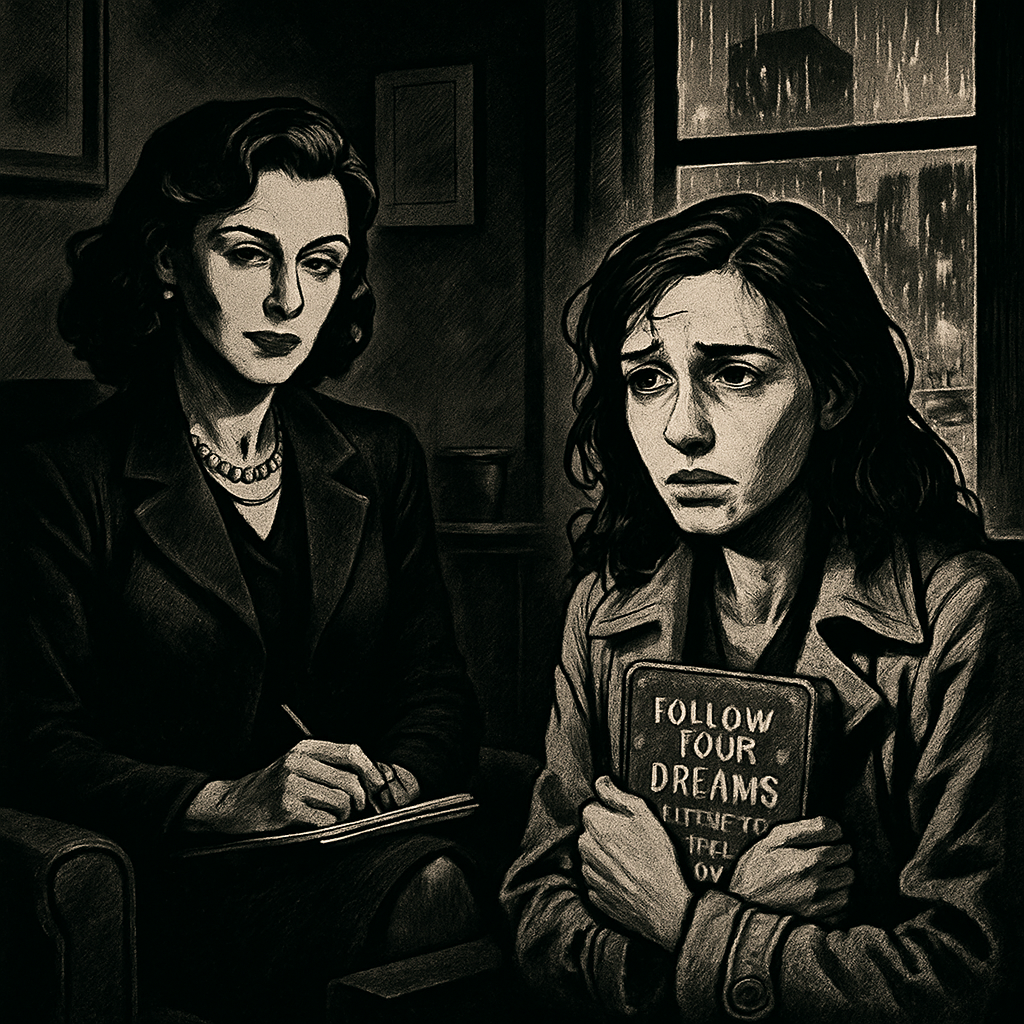The Apology Paradox 🔄
I once had a client who would walk into my office, sit down, and immediately apologize for taking up my time. She’d do this while paying me for that very time. This struck me as the perfect metaphor for how many of us approach relationships – constantly apologizing for our existence while simultaneously bankrolling other people’s emotional vacations.
Emily’s “Love” Mantra 💔
Emily arrived clutching a journal covered in inspirational quotes. Her mantra – “Always Come From Love” – was written on everything she owned. Her phone case. Her coffee mug. Probably her underwear, though I never asked for confirmation.
The problem wasn’t her devotion to love. It was that Emily’s definition of love meant setting herself on fire to keep others warm. And the others in her life? They brought marshmallows to roast.
“I just need to love harder,” she told me during our third session, describing how her partner had ‘borrowed’ $2,000 and ghosted her for a week. “When he’s ready, he’ll come back. Love is patient.”
I remember thinking: patience is a virtue, but being a human ATM with benefits is not a love language.
The Self-Love Paradox 🧠
Here’s what research actually shows about people like Emily: their commitment to “loving others” often masks a profound disconnection from themselves. It’s not that they love too much – it’s that they don’t recognize the emotional patterns driving their behavior.
Emily’s “Always Come From Love” mantra wasn’t actually about love. It was an emotional script – an automatic response pattern that felt natural but created predictable, painful outcomes. Each time she sacrificed her needs, her brain registered it as “being loving,” reinforcing the very cycle that kept her stuck.
What Emily couldn’t see was how her emotional patterns were organized around a profound fear: that without sacrificing herself, she was unworthy of connection.
This isn’t love. It’s emotional ransomware. 🚨
The Invisible Cage 🔒
When I asked Emily about her parents, she described a childhood where love was always conditional. “My mother only smiled when I was perfect,” she told me. “And my father only paid attention when I was in crisis.”
No wonder her adult relationships followed the same pattern. Her emotional frameworks had been constructed in a workshop of conditional acceptance. Being needed was the closest thing to being loved she’d ever experienced.
The cruel irony? The people who claimed to love Emily could smell this vulnerability from a mile away. Studies have found that those with insecure attachment patterns often magnetically attract partners who confirm their worst fears about love.
It’s like having a “Please Exploit Me” sign written in ink only visible to emotional predators.
Breaking the Pattern 🛠️
Our breakthrough came when Emily described a dream where she was trying to fill a bathtub with a thimble. “I keep running back and forth from the sink,” she said, “but the water keeps draining out.”
That thimble was her approach to self-love – token gestures that couldn’t possibly fill her deeper needs. Her emotional priorities were completely inverted – she prioritized others’ needs while neglecting her own psychological safety and identity.
Over time, Emily learned to develop emotional granularity – the ability to distinguish between love and fear-based compliance. She began recognizing how her body felt when she was actually expressing love versus when she was acting from fear of abandonment.
The real transformation wasn’t adding more love to her life. It was recognizing that what she called “love” was actually a complex emotional script based on fear, obligation, and a desperate hope that sacrifice would equal safety.
Real love doesn’t demand self-erasure. It requires presence – and you can’t be present if you’re busy disappearing.
The Revised Truth About Love ✨
Six months later, Emily revised her mantra. It now read: “Come from love – and make sure you’re included in that equation.”
Not as Instagram-worthy, perhaps. But infinitely more sustainable.
Core Insight 💡
When you finally understand that your needs matter too, you stop calling obligation “love.” You stop mistaking intensity for intimacy. And you finally recognize that love isn’t supposed to hurt – that’s just poor aim.
The only love worth spreading is the kind you don’t have to bleed for.
– Sophia Rivera, who once accidentally told a client their relationship sounded “like a dumpster fire with premium gasoline” and still stands by that assessment
Research References:
https://pmc.ncbi.nlm.nih.gov/articles/PMC8751322/
https://pmc.ncbi.nlm.nih.gov/articles/PMC11673081/
https://www.simplypsychology.org/narcissistic-relationships-signs-impact-and-how-to-cope.html
https://www.apa.org/news/podcasts/speaking-of-psychology/narcissism

